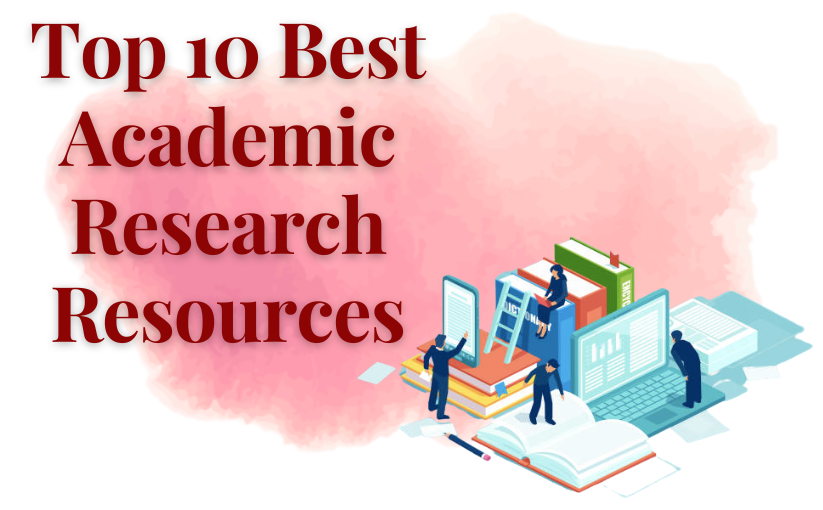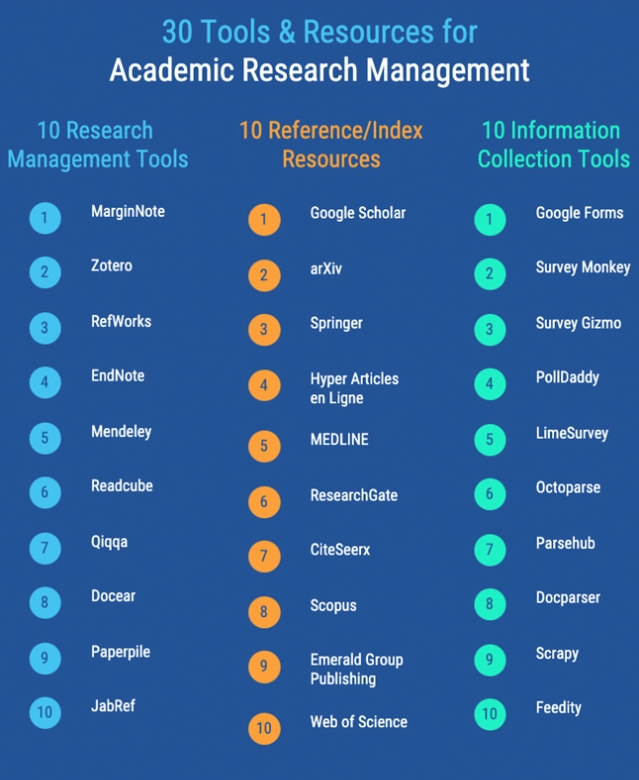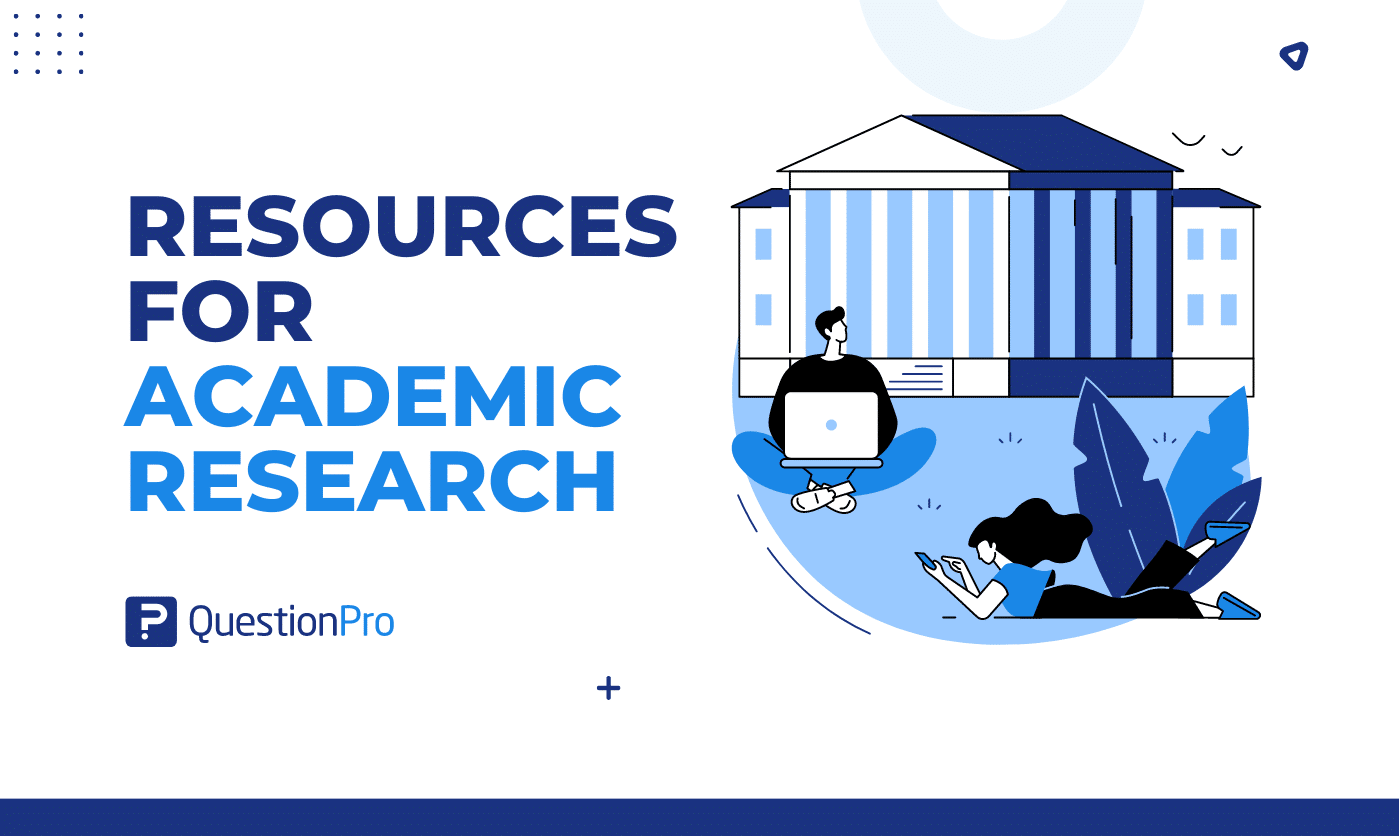Best Academic Resources for Successful Research
In the fast-evolving academic world, access to high-quality resources is essential for conducting successful research. Whether you’re a student, educator, or professional, the right academic resources can elevate your work and ensure that you’re using credible and reliable data. In this article, we’ll explore the best academic resources available today and how they can help you with your research projects.

Why Academic Resources Matter
Academic resources are the foundation of any credible research project. These resources provide essential information, data, and insights that help students, researchers, and professionals develop a deep understanding of their subjects. The importance of using high-quality academic resources cannot be overstated, as they help ensure that your research is:
-
Credible: Academic resources are peer-reviewed and vetted by experts in the field.
-
Reliable: They provide accurate and up-to-date information.
-
Structured: Academic resources are organized in a way that makes it easier to reference and cite.
Using the right resources will not only improve the quality of your research but also ensure that your conclusions are backed by reputable sources.
Top Academic Resources You Should Know About
1. Google Scholar
Google Scholar is one of the most popular and widely-used academic research tools available. It provides access to millions of scholarly articles, theses, books, and conference papers from various disciplines.
Key features of Google Scholar:
-
Free access: You can access most academic papers for free.
-
Advanced search filters: Search by author, publication, or year to narrow down your results.
-
Citation tracking: Find how many times an article has been cited and explore related research.
For anyone starting their academic journey or conducting in-depth research, Google Scholar is a great starting point.
2. JSTOR
JSTOR is a well-known digital library that provides access to scholarly articles, books, and primary sources. It’s particularly valuable for students and researchers in the humanities, social sciences, and arts.
Why JSTOR is essential:
-
Extensive archive: JSTOR offers over 12 million academic journal articles.
-
High-quality resources: Most of the journals are highly reputable and peer-reviewed.
-
Access through libraries: Many universities provide free access to JSTOR for students.
Using JSTOR can help you find in-depth research materials across a wide variety of subjects.

3. PubMed
For students and professionals in the healthcare and life sciences fields, PubMed is an invaluable resource. Managed by the U.S. National Library of Medicine, it provides access to a vast collection of medical research articles and scientific papers.
What makes PubMed so useful:
-
Comprehensive database: Access to millions of articles in medicine, biology, and related fields.
-
Free access: Most articles are available for free or can be accessed through institutional subscriptions.
-
Search filters: Advanced filters help you narrow down results by publication type, date, and more.
If you’re researching health, medicine, or biology, PubMed should be your go-to resource.
4. ResearchGate
ResearchGate is a social networking platform for scientists and researchers. It allows users to share papers, ask questions, and collaborate with others in their field.
Key benefits of using ResearchGate:
-
Collaboration opportunities: Connect with other researchers and expand your network.
-
Direct access to articles: Many researchers upload full-text articles for easy access.
-
Researcher profiles: Learn more about authors and their academic backgrounds.
For those looking to stay connected with the latest research and collaborate with others in their field, ResearchGate is a powerful tool.
5. Academia.edu
Academia.edu is another platform where researchers share their work. It has a wide range of academic papers, articles, and research projects across various disciplines.
Why Academia.edu stands out:
-
Wide range of research: Access articles from multiple disciplines, including social sciences, humanities, and more.
-
Networking: Follow researchers, ask questions, and participate in discussions.
-
Personalized recommendations: Academia.edu suggests papers based on your interests and past research.
If you’re interested in finding research across various fields and building your academic network, Academia.edu is worth exploring.

6. Project MUSE
For those in the humanities and social sciences, Project MUSE offers a collection of over 700 academic journals and 10,000 books from university presses and scholarly publishers.
Features of Project MUSE:
-
Peer-reviewed content: All articles and books are academically rigorous and peer-reviewed.
-
Interdisciplinary: Covers subjects like literature, history, political science, and more.
-
Open access: Many materials are available for free or at a low cost.
If you are researching topics within the humanities or social sciences, Project MUSE is an excellent resource.
7. RefSeek
RefSeek is a search engine specifically designed for academic research. Unlike general search engines like Google, RefSeek pulls results from academic journals, books, and other scholarly sources.
Benefits of using RefSeek:
-
Academic-focused: Results come from libraries, databases, and scholarly websites.
-
Covers a wide range of subjects: From science to the arts, RefSeek offers resources in all fields.
-
Free access: All search results are available for free.
If you’re looking for a specialized search engine tailored for research, RefSeek is a great option.
8. Zotero
Zotero is a reference management tool that helps researchers collect, organize, and cite their sources. It’s especially useful for students and academics who need to keep track of a large number of references.
Why use Zotero:
-
Citation management: Organize references and generate citations in various styles.
-
Web browser integration: Collect citations directly from websites and databases.
-
Sync across devices: Keep your library updated across all your devices.
If you’re working on a research project that requires proper citation, Zotero can help streamline the process.
Frequently Asked Questions (FAQs)
1. What are the best academic resources for students?
Some of the best academic resources for students include Google Scholar, JSTOR, and Khan Academy. These resources provide access to a wide range of scholarly articles, textbooks, and educational videos.
2. How can I access academic articles for free?
Many academic articles are available for free on platforms like PubMed, Google Scholar, and Project MUSE. Additionally, some universities provide free access to databases like JSTOR for their students.
3. Is ResearchGate a reliable resource for academic research?
Yes, ResearchGate is a reliable platform where researchers share their work and collaborate. It provides access to many free articles and offers a community for academic professionals to engage with each other.
4. How do I keep track of all my academic resources?
Using tools like Zotero or Mendeley can help you manage and organize your academic resources effectively. These tools allow you to collect, store, and cite your sources efficiently.
Conclusion
Accessing the right academic resources is essential for conducting high-quality research. Whether you’re a student, professor, or independent researcher, platforms like Google Scholar, JSTOR, and PubMed provide invaluable resources that can elevate your work. By using these tools, you can ensure that your research is built on reliable, credible, and up-to-date information.
For anyone looking to dive deeper into their field of study, these academic resources are indispensable. Start exploring these platforms today and take your research to the next level.




